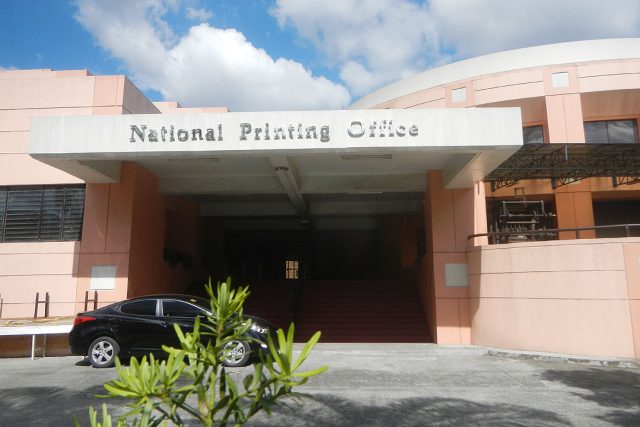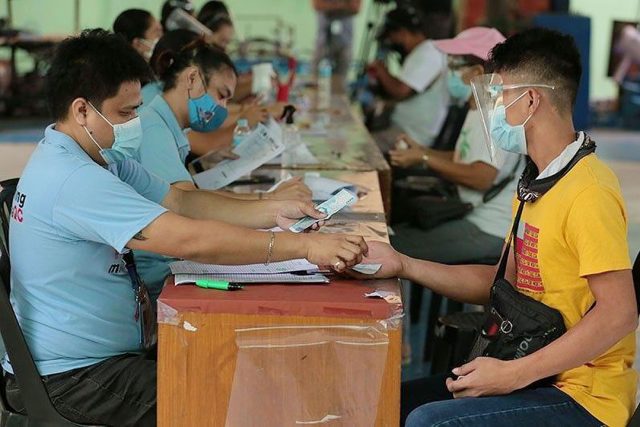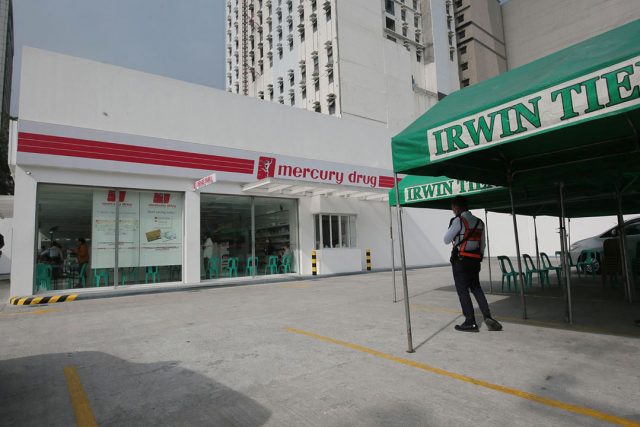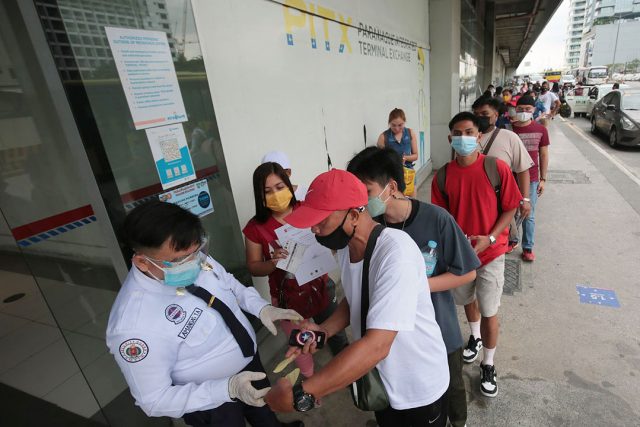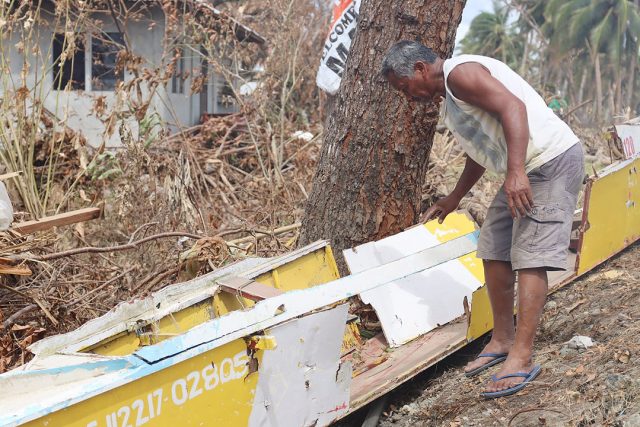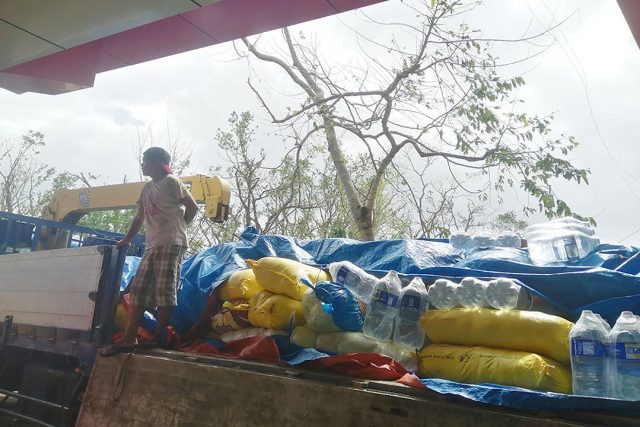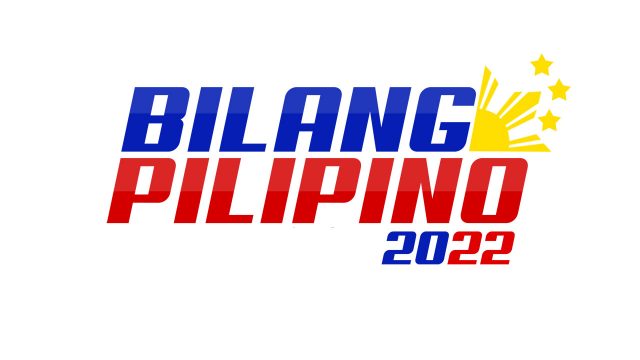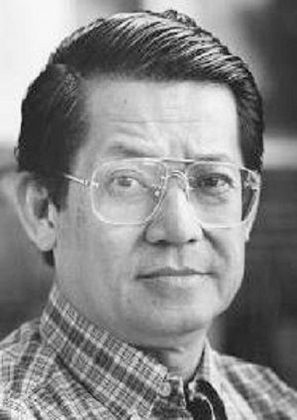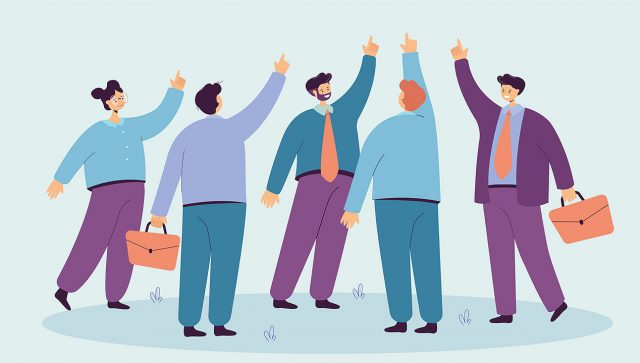As expected, Australian Immigration and Health authorities sought the truth, discovered it, gave it proper value over the status of a tennis Wonder Boy, and cancelled the visa of the number one male tennis player in the world, Novak Djokovic. Victory for the truth over immoral and untruthful hype.
REFLECTING ON ONE’S PURPOSE
Companies and individuals set aside time for periodic strategic planning sessions that will invariably include the obligatory formulation or revisiting of mission and vision statements. Such exercises force organizations to go back to the basics, so to speak. Participants in such exercises are extricated from the organization’s day-to-day concerns, so that these corporate leaders will literally have moments of silence and lock out all the noise of daily concerns.
It is during these moments of reflection that questions like these are asked: What is our purpose? Why are we here? What is our objective? What is our business? What service are we offering? What problems does our product solve? Put it another way, in these organizations we are actually engaged in a profound and systematic way to define purpose and meaning.
In the context of our personal lives, we do, from time to time, pause and reflect and ask: Why we are doing what we are doing? As we advance in years, we are constantly reminded of our mortality and start reflecting on the need, for instance, for holographic wills. We start to consult relatives, close associates, confidants, lawyers and peers who are most likely contemplating similar acts.
Reflecting about purpose leads one further into meditating about one’s destiny and, ultimately, searching for meaning in one’s life, especially, among super seniors, in the few years ahead. The search for purpose, mission, and meaning becomes more intense and relevant in times of great physical difficulty, deep longing for loved ones whose presence is denied us for a variety of reasons, and during extraordinary financial need for the materialistic, greedy, acquisitive people who have been used to taking over companies, outmaneuvering others through brute power and influence. These predators do not know when to stop fattening their wallets and egos. They don’t care who gets hurt, and have no qualms about driving competitors out of business and rendering thousands jobless.
While reflecting on the meaning of one’s life is a common occurrence, there are, of course, various personal circumstances behind this search.
NINOY AQUINO
During his incarceration for seven year and seven months, Ninoy Aquino was given by his “Creator time to think about his purpose in and meaning of life.” Before his illegal arrest in the wee hours of a Saturday morning, Sept. 23, 1972, Ninoy was the feared fiscalizer who took Marcos and his cronies to task for corrupt deals and obvious attempts to kill democracy. He was regarded as the most viable alternative to Marcos and Imelda, for whom Marcos was laying the groundwork for eventual takeover of the reins of government.
Ninoy had charisma and could hold the crowd’s attention for hours in rallies and campaign speeches. He was preparing for the 1973 presidential election and had started building his organization, even telling me in August 1971 that “I’m running for president in 1973 and I want you to join me (after you graduate from AIM).” He was bringing in the then most modern campaign technology as he mapped out the country and identified the leaders, power centers per region and major cities, and the dynamics and alliances in those areas. He had the financial backing of one of the county’s vast agribusiness empires and other sectors of the economy tired of Marcos’ illegal capture of businesses. He had tremendous mobility, going around in a helicopter that further enhanced his image of a young man on the go who had youth, experience, and brought hope.
All these ended when he was hauled off to Camp Crame by then Col. Romeo Gatan and herded together with other political leaders, media personalities, student leaders, clerics, religious leaders, peasant leaders, activists, and all others identified as anti-Marcos.
In jail, Ninoy was deprived of freedom, a platform, and ordinary conveniences like his eye glasses. His family was subjected to humiliation and close in staff were tortured to confess to trumped up charges against Ninoy. In protest against his conviction by a military tribunal that sentenced him to death by musketry, Ninoy went on a 40-day hunger strike. During his strike, for which novena Masses were held in various churches in Metro Manila, Ninoy went into deep prayer, consulted with various clergy, and reflected on the meaning of life. After the hunger strike, Ninoy spoke of his transformation. He was able to commune with the world’s greatest thinkers through books which was one of the few concessions Marcos allowed in his dark and almost airless prison cell. Ninoy had plenty of time to reflect, to pray, to realize that all his successes and the accolades he had earned as early as 17 years of age, were mere trappings of power which now he believed were excess baggage in his search of meaning and purpose.
What mattered now, Ninoy realized, was his mission which was to help restore democracy in a country that had been terrorized and militarized, which was more intolerant of expressions of freedom, was excessively extravagant and, overall, was going to the dogs. Ninoy had, by then, dedicated the remaining years of his life to the restoration of democracy even if he had to give up his life for it. He had said, “I would like to be given the honor to die for my country.” Months before he finally left Boston to embark on that fateful journey to Manila on Aug. 21, 1983, he had asked me if his returning to the Philippines would help push Marcos towards democratic reforms. It was clear that Ninoy had made up his mind: he would return to the Philippines even if he was killed doing so.
Ninoy had discerned his purpose in life, his destiny, and his death would be the final act in his search for meaning.
VIKTOR FRANKL
One reason Ninoy and his family survived the cruelty of Marcos and Martial Law could be attributed to lessons that can be learned from Viktor Frankl, a Jewish Austrian psychologist who survived the Holocaust.
Frankl who, like millions of Jews, suffered under the Nazis and their allies, survived because he adopted the attitude that, “Everything can be taken from a man but one thing: the last of the human freedoms — to choose one’s attitude in any given set of circumstances, to choose one’s own way.”
Sean Murray wrote: “Frankl was a keen observer of human behavior and thought. Frankl observed, ‘We who lived in concentration camps can remember the men who walked through the huts, comforting others, giving away their last piece of bread.” Murray said that Frankl and his fellow prisoners had everything stripped from them: their families, friends, jobs, health, possessions, even their names and the hair on their bodies, but there was one thing that remained truly their own. It is what Stoic philosophers refer to as our inner discourse or guiding principles. Namely, we get to choose how to react to any given thought, emotion, or circumstances.
Both Ninoy and Frankl chose to react to their respective situations in the way that worked for them. Ninoy considered what Marcos did to him and his family as part of the political dynamics in the Philippines. Nothing personal, and yet Ninoy believed that Marcos was the key factor in the restoration of democracy in the Philippines. That was Ninoy’s mission — to help restore democracy. In that mission, Ninoy found meaning and purpose. He had further strengthened his resolve through prayer and the rosary.
Frankl had his own mission as he tried to survive the concentration camps — to finish his book, Man’s Search for Meaning, centered around his concept of Logotherapy, a therapeutic approach that helps people find meaning in life and, because it is laser-focused on the future, it helps people endure suffering and hardship to attain a noble outcome to which people are passionately committed.
People committed to their mission will continue to do battle despite all assets ranged against them, as Ninoy and Frankl and many unknown heroes have done.
Philip Ella Juico’s areas of interest include the protection and promotion of democracy, free markets, sustainable development, social responsibility and sports as a tool for social development. He obtained his doctorate in business at De La Salle University. Dr. Juico served as secretary of Agrarian Reform during the Corazon C. Aquino administration.

